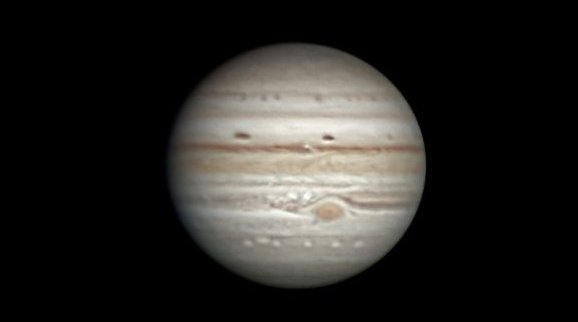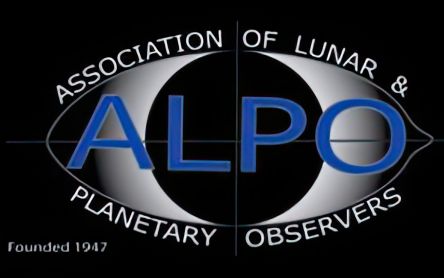
Jupiter has a long history of surprising scientists – all the way back to 1610 when Galileo Galilei found the first moons beyond Earth. That discovery changed the way we see the universe. Jupiter is, by far, the largest planet in the solar system – more than twice as massive as all the other planets combined.
Jupiter's familiar stripes and swirls are actually cold, windy clouds of ammonia and water, floating in an atmosphere of hydrogen and helium. Jupiter’s iconic Great Red Spot is a giant storm bigger than Earth that has raged for hundreds of years.
Jupiter Blog
Jupiter News Headlines
Evidence for a Callisto Ocean
2/20/2025
Read More
Amateur Revises Cloud Composition
1/6/2025
Read More

